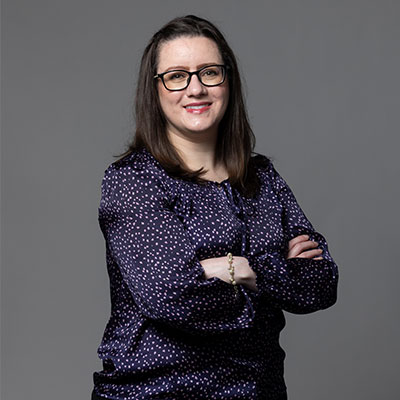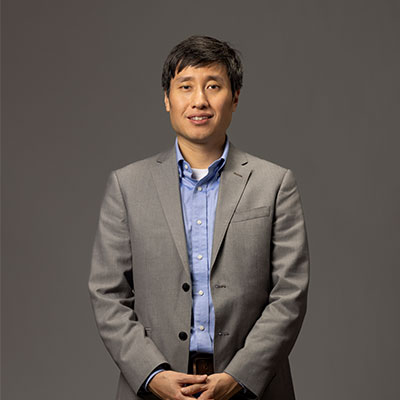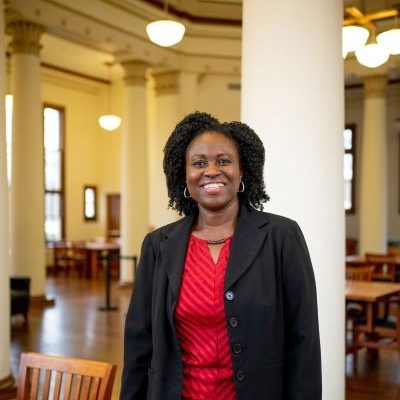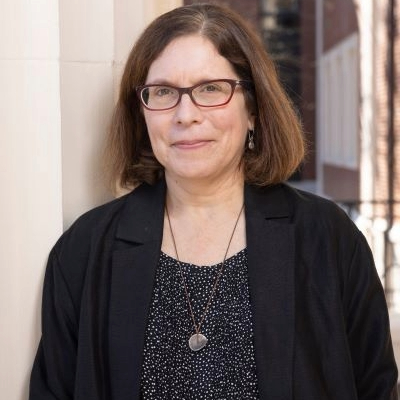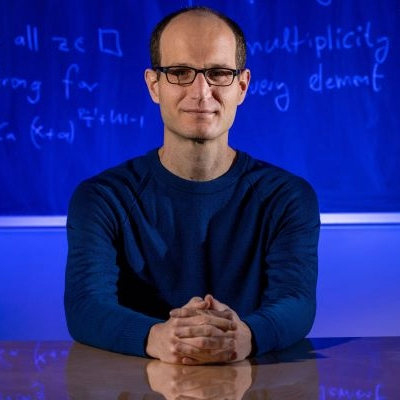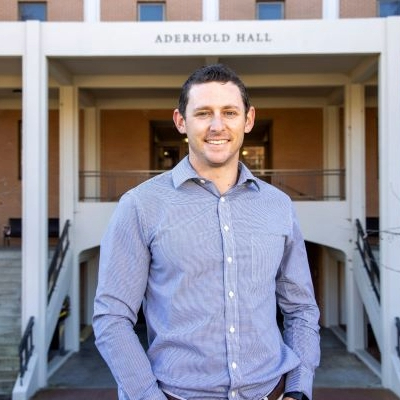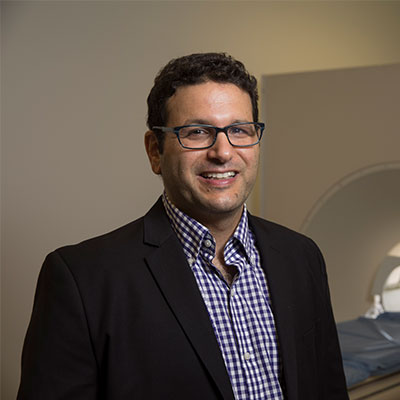Justin Lavner
Creative Research Medal 2025

Justin Lavner, professor of psychology in the Franklin College Department of Psychology, led a landmark study investigating the impact of a responsive parenting intervention on health outcomes among first-time Black mothers and their infants. The study, conducted in collaboration with UGA’s Center for Family Research and Augusta University Medical Center, examined how structured home visits in the early postpartum period influenced infant sleep, maternal well-being, and child health. Lavner’s findings, published in JAMA Network Open and other high-impact journals, showed that the intervention increased infants’ nighttime sleep by 40 minutes and 24-hour sleep duration by 73 minutes—critical improvements given longstanding sleep disparities. Additional research linked the intervention to healthier infant weight trajectories, enhanced maternal sleep, and reduced maternal depressive symptoms. Lavner has helped secure over $12 million in grant funding and published nearly 100 peer-reviewed articles. His work highlights the importance of culturally tailored parenting interventions in addressing health inequities and promoting family well-being.

